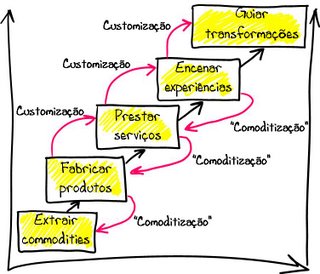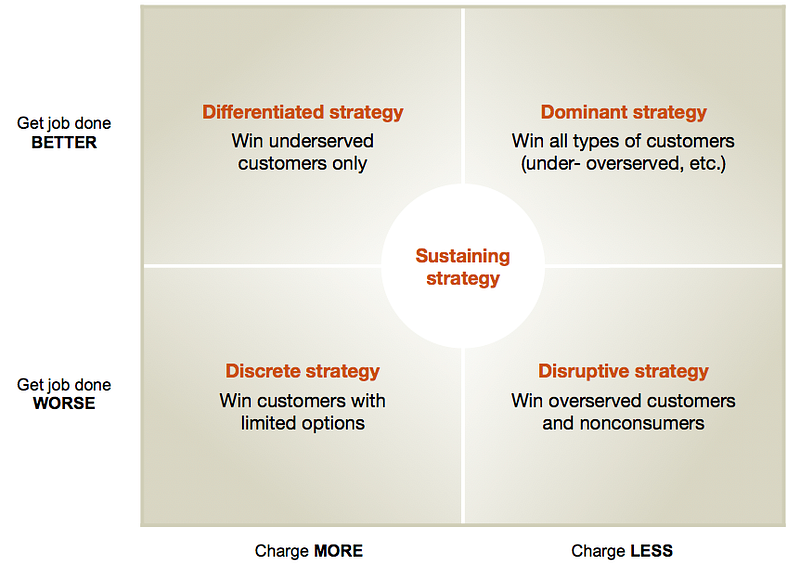"who we are is a balance of who we want to be and who we need to be right now. Conforming is so easy and in many ways normal. But, it is powerful in that it can keep us from realizing our dreams. Change, innovation, the things that drive us forward, are only possible when we listen to our soul and chase after who we really want to be or what we want to do.""when we listen to our soul" é de certa forma começar pela nossa identidade, começar pelo concreto:
- Do concreto para o abstracto e não o contrário (parte II)
- Do concreto para o abstracto e não o contrário (parte I)
Trecho retirado de "Experiences are The Core Pillars of Any Brand"























